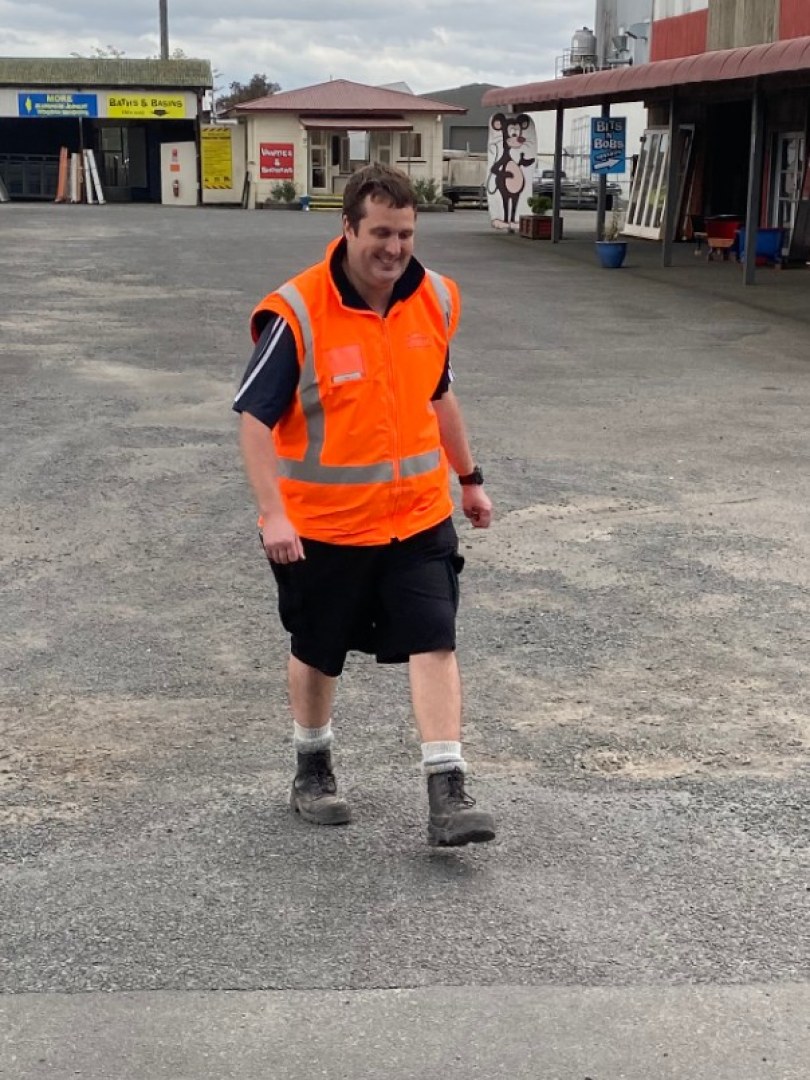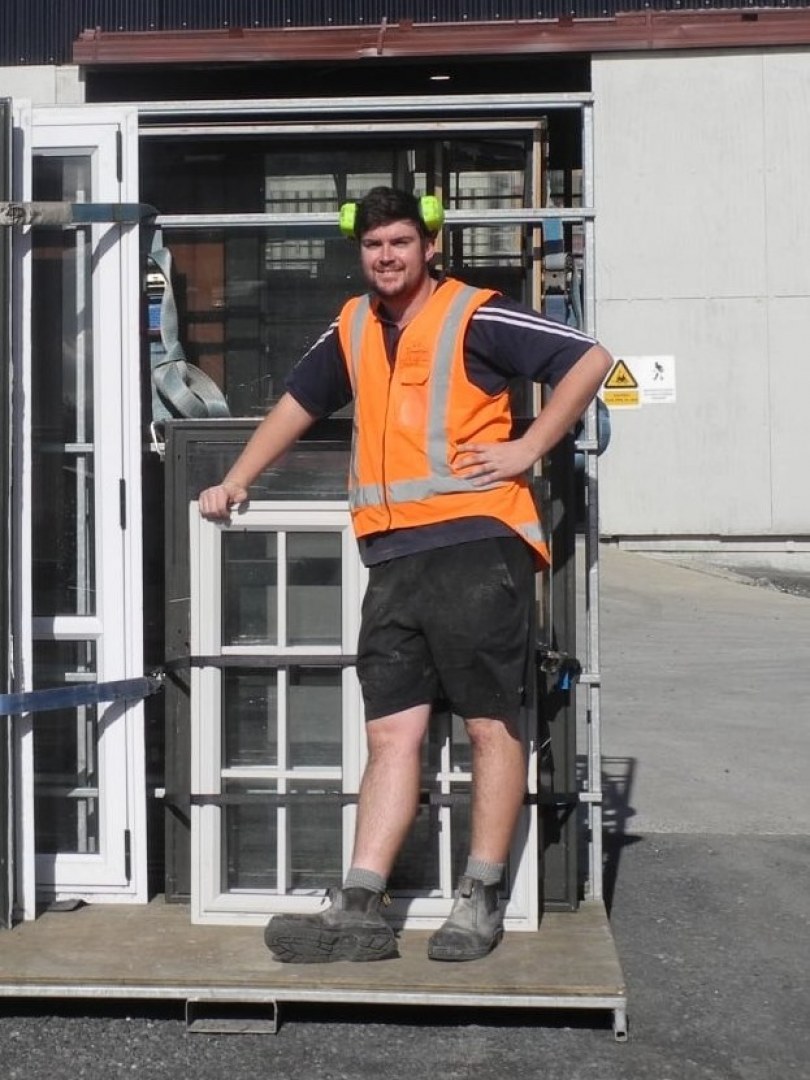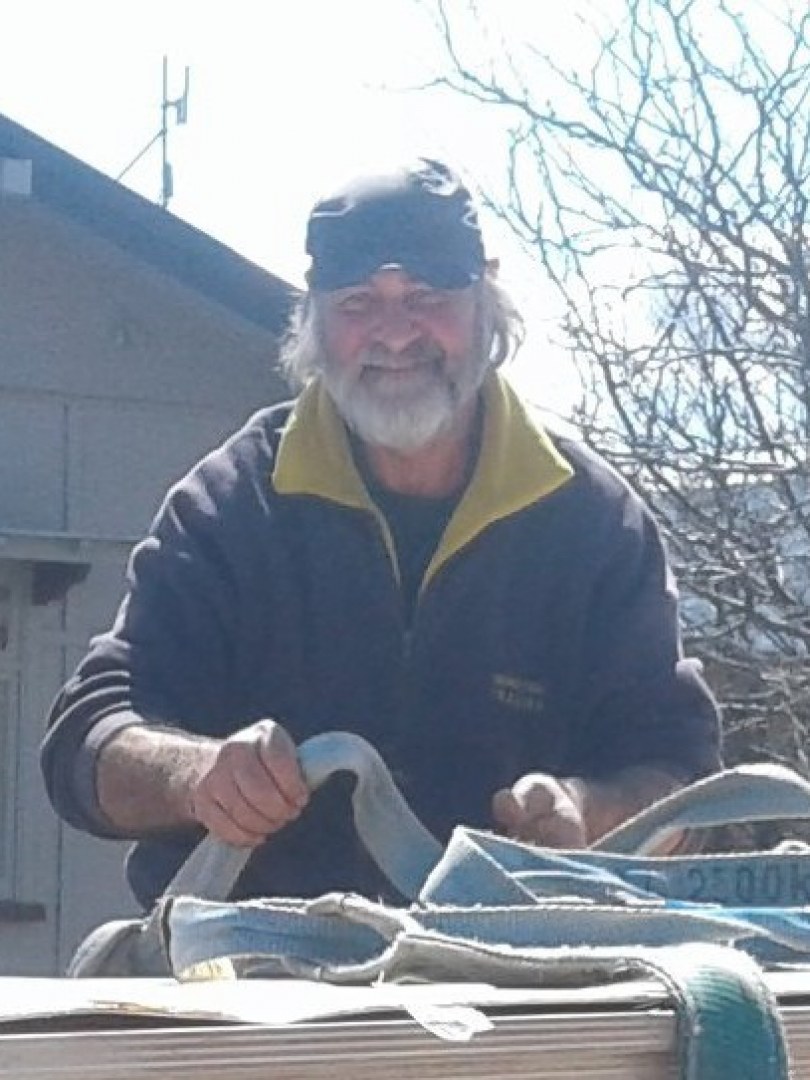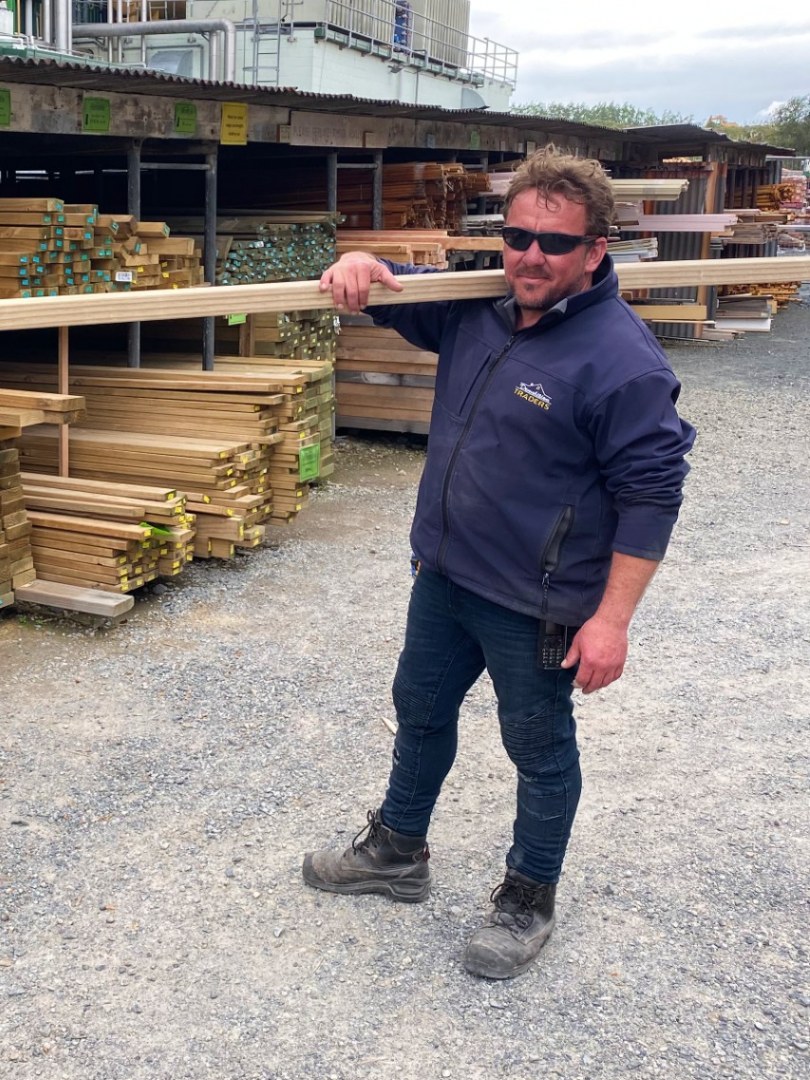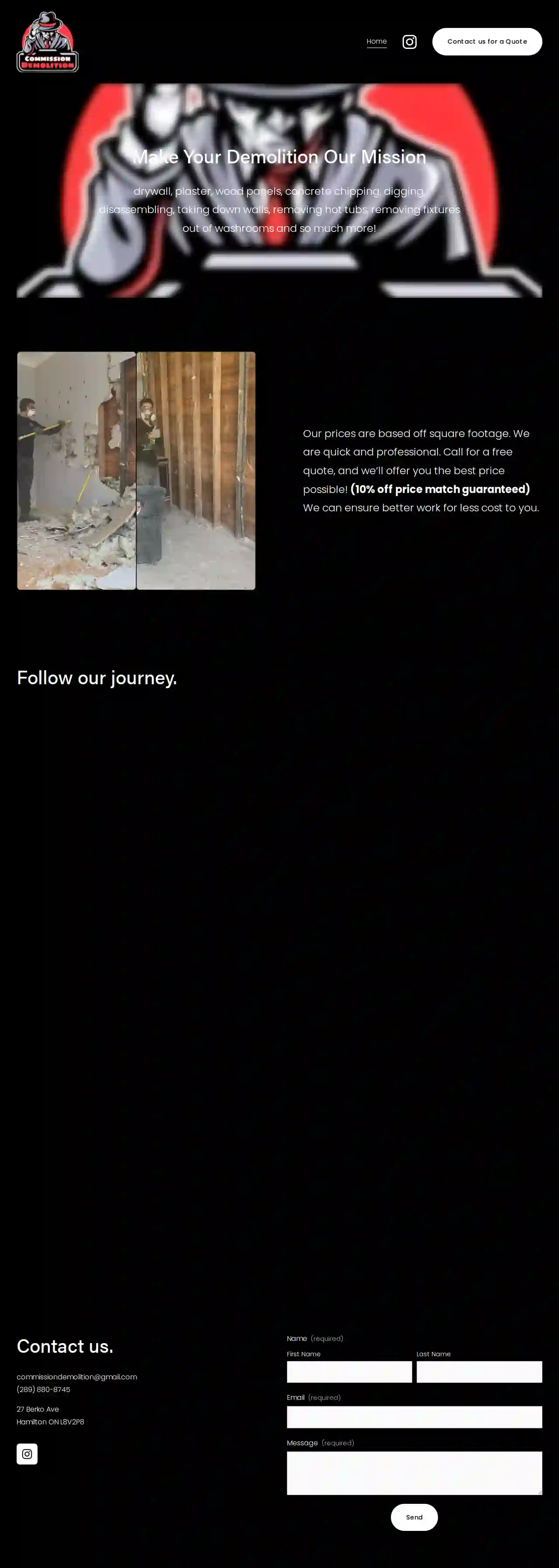Demolition Contractors Law
Top Demo Companies in Law
Get multiple Demolition Contractors quotes for your project today! Compare profiles, reviews, accreditations, portfolio, etc... and choose the best deal.
About Demolition Traders Demolition Traders was established in 1984 and is now one of the largest privately owned companies of its type in New Zealand. Our yard is set out over 3 acres, with a village style atmosphere. We offer a huge range of both NEW and RECYCLED renovation materials and our emphasis is on providing customers with a unique shopping experience. The vast majority of our stock is displayed under cover and each of our many barns and sheds contains a specific range of products displayed to make selection as easy as possible. Our merchandising staff take pride in the layout of each shed making the options for your project as visible as possible. We obtain our stock from a range of sources using our bulk buying power. These include demolition projects, manufacturers surplus stock and cancelled orders. We also stock new products such as French Doors and Aluminium joinery made specifically for Demolition Traders. As one of Waikato’s iconic private businesses. We guarantee all our products are offered in good sound condition. We always endeavour to satisfy your needs and should you have a change of plans, or if the goods are not suitable for your project, we will happily refund you. We offer a 28 Day “right of return period”, with proof of purchase, for a full refund of the purchase price. Our objective is to provide the right range of products at the right price. We invite you to come in and take a look….we are sure you will be pleasantly surprised! All prices quoted on this website and inside the yard include GST.
- Services
- Why Us?
- Our Team
- Gallery
Make Your Demolition Our Mission We handle a wide range of demolition projects, including drywall, plaster, wood panels, concrete chipping, digging, disassembling, taking down walls, removing hot tubs, removing fixtures out of washrooms, and so much more! Our prices are based on square footage. We are quick and professional. Call for a free quote, and we’ll offer you the best price possible! (10% off price match guaranteed) We can ensure better work for less cost to you.
- Services
- Why Us?
- Gallery
Get To Know YORK1 We are a forward-thinking and innovative environmental company, with a fully integrated infrastructure division. We embrace a spirit of innovation and collaboration. York1 By The Numbers 0+Years in Business 0+Employees 0+Pieces of Equipment 0+Clients Across Ontario 0+Projects 0M+Tonnes Diverted From Landfills A Legacy of Jobs Done Right We are proud to be part of the history of Ontario’s development and growth and continue to seek out opportunities to serve our customers in innovative ways. We get the job done smoothly, safely, and sustainably. WORKING WITH THE BEST BRINGS OUT OUR BEST We’re honoured to have the trust of some of the most respected organizations in North America. PEACE OF MIND We provide environmental services to both public and private sectors, with a focus on non-hazardous solid waste management, soil remediation and beneficial reuse, and liquid waste solutions. We operate across Canada with a large presence in Southern Ontario. PERFORMANCE Our facilities and extensive fleet of collection vehicles support residential and commercial construction projects, municipal waste and recycling, and public infrastructure development. Our core values prior
- Services
- Why Us?
- Gallery
Leaders in strategic building demolition. Waikato Demolition is your total solution for large or small-scale demolition. We have over 40 staff specialized in deconstruction, removal and salvage of commercial and residential buildings. We plan, execute, clean-up and recycle. If you need it gone, we can help. Building Demolition Experienced and trusted demolition contractors for commercial and industrial sites, through to houses and garages. Demolition Recycling We recycle most demolition waste from concrete, timber, steel and building materials through to sand and garden waste. Asbestos Removal Safe testing, removal and clean-up of asbestos from your roof, flooring, insulation, cladding and more. Environmental Strategy Environmental protection from damage minimisation to hazardous waste management and recycling targets. Demolition & deconstruction. Our Waikato demolition services cover everything from large-scale mechanical demolition right down to manual strip-outs of residential houses. Large or small, we remove it all. ✔ Houses, garages & sheds. ✔ Multi-story buildings. ✔ Industrial sites & plants. ✔ Soft-stripping & salvage. ✔ Concrete paths & driveways. ✔ Site clearing - trees & fences. ✔ Asbestos removal. The demolition process Focussed on sustainable demolition. We have over 20 years of experience as demolition & recycling contractors in Hamilton & the Waikato. On average, we recycle over 80% of materials from an average 3-bed house on a concrete slab. We recycle over 90% of materials from a concrete building or structure. Specialist equipment & skilled staff for a safe site. We pride ourselves on an excellent safety record. Our staff are safety certified and all our contracts are run using a site-specific safety plan. Demolition and asbestos removals are done in accordance with Ministry of Health and Worksafe guidelines, and we're focussed on environmental protection.
- Services
- Why Us?
- Services
- Why Us?
- HaHamilton, GB
- Services
- Why Us?
- HaHamilton, GB
- Services
- Why Us?
- Services
- Why Us?
Over 3,334+ Demolition Companies in our network
Our demolition providers operate in Law and beyond!
DemolitionMatch has curated and vetted Top Demolition Businesses in and around Law. Find a top & trustworthy pro today.
Frequently Asked Questions About Demolition Contractors
- Clear the Area: Remove all personal belongings, furniture, fixtures, equipment, and any valuable items from the structure.
- Disconnect Utilities: Arrange for the disconnection of all utilities (electricity, gas, water, sewer) well in advance of the demolition.
- Secure the Site: Erect a fence or barrier around the demolition zone to prevent unauthorized access and ensure safety.
- Notify Neighbors: Inform your neighbors about the upcoming demolition, including the expected timeline and any potential noise or disruptions.
- Protect Surroundings: Cover or protect landscaping, trees, and adjacent structures that you want to preserve from potential damage from flying debris.
- Hazardous Materials: If you suspect hazardous materials are present (e.g., asbestos, lead paint), have a qualified professional conduct an assessment and safely remove them before demolition.
- Salvageable Materials: If you plan to salvage materials from the structure (e.g., doors, windows, fixtures), remove them carefully before demolition.
- Structural Collapse:
- Falling Debris:
- Exposure to Hazardous Materials (e.g., asbestos, lead paint):
- Fires and Explosions:
- Equipment Accidents:
- Utility Damage:
How do I prepare for a demolition project?
Can I demolish a building myself?
What are the risks associated with demolition?
What is the difference between demolition and deconstruction?
Demolition typically refers to the complete destruction and removal of a structure.
Deconstruction, on the other hand, is a more selective and methodical process that involves carefully dismantling a building to salvage reusable materials. It's a more sustainable approach that reduces waste and environmental impact.
If you're interested in maximizing material salvage and minimizing waste, ask potential demolition contractors about their experience with deconstruction methods.
How do I prepare for a demolition project?
- Clear the Area: Remove all personal belongings, furniture, fixtures, equipment, and any valuable items from the structure.
- Disconnect Utilities: Arrange for the disconnection of all utilities (electricity, gas, water, sewer) well in advance of the demolition.
- Secure the Site: Erect a fence or barrier around the demolition zone to prevent unauthorized access and ensure safety.
- Notify Neighbors: Inform your neighbors about the upcoming demolition, including the expected timeline and any potential noise or disruptions.
- Protect Surroundings: Cover or protect landscaping, trees, and adjacent structures that you want to preserve from potential damage from flying debris.
- Hazardous Materials: If you suspect hazardous materials are present (e.g., asbestos, lead paint), have a qualified professional conduct an assessment and safely remove them before demolition.
- Salvageable Materials: If you plan to salvage materials from the structure (e.g., doors, windows, fixtures), remove them carefully before demolition.
Can I demolish a building myself?
What are the risks associated with demolition?
- Structural Collapse:
- Falling Debris:
- Exposure to Hazardous Materials (e.g., asbestos, lead paint):
- Fires and Explosions:
- Equipment Accidents:
- Utility Damage:
What is the difference between demolition and deconstruction?
Demolition typically refers to the complete destruction and removal of a structure.
Deconstruction, on the other hand, is a more selective and methodical process that involves carefully dismantling a building to salvage reusable materials. It's a more sustainable approach that reduces waste and environmental impact.
If you're interested in maximizing material salvage and minimizing waste, ask potential demolition contractors about their experience with deconstruction methods.

